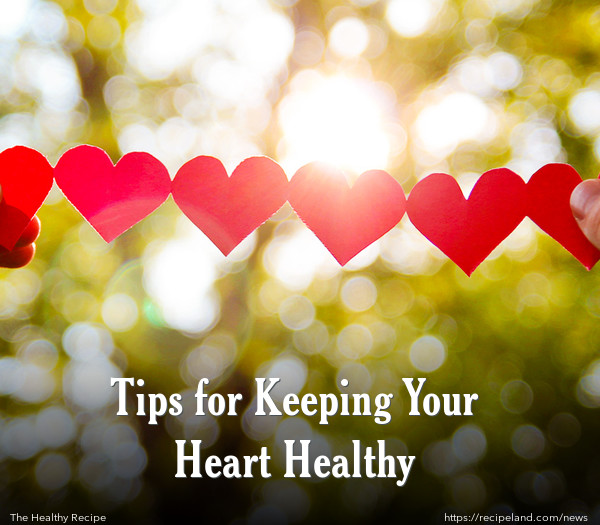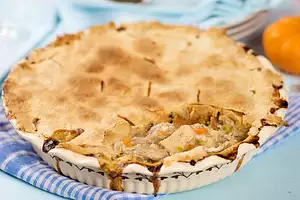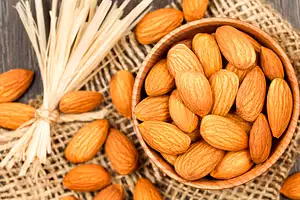Heart disease is one of the most common causes of death in the United States. Someone will die from complications of cardiovascular disease every 39 seconds, every day. Sadly, many of these deaths may be preventable, by taking better care of your heart and yourself.
When you know the risk factors for heart disease and take steps to lessen them, you will be healthier and less likely to die from heart disease, at any age. Follow these simple guidelines to protect yourself!
Protecting Your Heart in Your 20s
One of the most important things that you can do while you are still young—in your twenties—is to make sure that you are consistently drinking plenty of water. Many teens and young adults consume large amounts of soda, sports drinks or juice.
It is better for your heart if you opt for a large glass of water. Consider substituting at least one or two of these other beverages each day for water. You will not only help your heart, but consume fewer calories and less sugar—this might help you to avoid obesity as you age, too!
Another important thing to begin while you are still young is to develop healthy habits—and kick the bad ones. If you are a smoker, now is the time to quit. This is one of the most important things that you can do for good heart health.
Smoking can take decades off of your life, now is the time to get rid of the butts once and for all. Quitting while you are still in your twenties is much easier than sticking with the filthy habit for another couple of decades, when it might be impossible (or too late) to quit. If you smoke to relieve stress, find a hobby or start exercising instead.
While you are in your twenties, it is a good time to learn about your family history—particularly as it relates to your health and genetics. Find out if anyone in your family experienced a heart attack or cardiac condition, and the age at which they suffered this experience.
Those with family histories of early heart attack should be carefully monitored for early signs of heart disease, as there are certainly preventative measures that can be taken to lessen your personal risk.
Protecting Your Heart in Your 30s
Most people start to gain weight during their 30s, then struggle to try and lose the weight. This is especially common for women, who are perhaps experiencing pregnancies during this time of their life. For example, gaining 50 pounds while pregnant, then only losing 10 leaves 40 extra pounds. Another pregnancy can lead to the same results. This can lead to serious weight gain. Before becoming pregnant it is wise to plan for the weight loss. Planning to walk, eat healthy and stay active will help keep your metabolism moving—which gets more important as you get older.
Find a hobby that makes you happy, and make sure you are doing something each day that makes you feel good. Some may love reading, others may choose gardening. Still others may enjoy exercise like running. It is less important what you do and more important that you do it, setting aside time for yourself to do things you enjoy. This helps keep stress lower and this is good for your heart.
Know your body facts. This means that you should know your blood pressure, and what is normal for you. You should also know your own body mass index (BMI) and aim to keep it in a healthy range. Have your cholesterol tested and work toward getting it or keeping it in a healthy range.
Protecting Your Heart in Your 40s
During your 40s, you should make sure to maintain muscle tissue. Lifting weights can help you do this, as well as any strength training exercise. Not only will this help you stay healthy and protect your heart, you will feel great and also look great. It will also help protect your bones as you approach menopause.
Take care of the important people in your life. Make sure that you are working on healthy relationships. Those who establish healthy relationships are less likely to be isolated as they age, and this keeps the heart, mind and spirit healthier.
In addition to knowing your blood pressure, BMI and cholesterol levels, knowing what your blood sugar levels are is important at this time of your life. This will help keep you heart healthy and monitor the risk of developing diabetes.
Protecting Your Heart in Your 50s
Watching what you eat, and when you eat, becomes more important as you get older. Eating your biggest meal early in the day can help with keeping your metabolism healthy and keeping your weight under control, too. Eating too much too late in the day will interfere with your sleep, too, and this can increase the risk of heart disease.
Consider finding volunteer opportunities that will fulfill you. When you volunteer, you are caring for others, which is always good for your heart! You will also stay active and meet people, all important factors as you get older and try to stay healthy.
Be sure to get bone density testing and be screened for osteoporosis. Women, especially, are at a high risk for osteoporosis after menopause, and this can also contribute to the development of heart disease. Osteoporosis also increases the potential for fractures if you fall, which can leave you immobilized while you heal—and put you at a higher risk for heart disease. Having strong bones will help keep your heart strong.
Protecting Your Heart in Your 60s
During your 60s, it is important to remain active. Not only will you look and feel younger, your heart will stay healthy. Adjust your physical activity to accommodate your changing body, especially if you are experiencing any arthritis or other issues that may be related to the aging process. Keep up with strength training, it will keep your bones, muscles and heart strong.
Consider adding Tai Chi as a form of exercise. This type of exercise helps maintain strength and balance, and helps keep you calm and reduces stress. This type of exercise is also good for relaxation and sleep, both of which are important for heart health.
As you age, it is important to pay attention to your health and consult your physician if there is anything unusual. Fighting heart disease is a lifelong task, and staying strong is important! If you follow this advice, you will live a longer, healthier life. Diet, exercise and fitness are all important.
SOURCES: https://www.ivillage.com/protect-your-heart-age-age-guide/4-b-389295#ixzz2W7rxuvb6; https://www.webmd.com/heart/features/12-tips-for-better-heart-health; Image courtesy of winnond / FreeDigitalPhotos.net










Comments